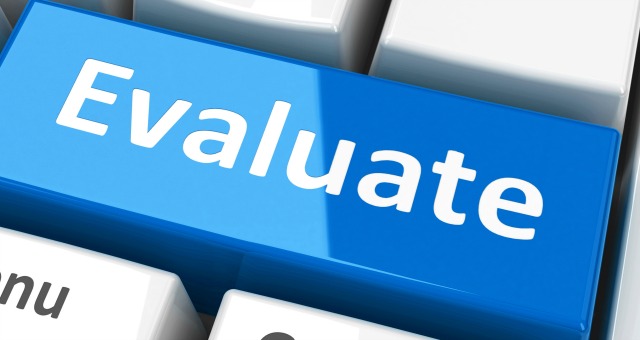Engagement in a continuous, systematic, and well-documented student learning assessment process has been gaining importance throughout higher education. Indeed, implementation of such a process is typically a requirement for obtaining and maintaining accreditation. Because faculty need to embrace learning assessment in order for it to be successful, any misconceptions about the nature of assessment need to be dispelled. One way to accomplish that is to “rebrand” (i.e., change perceptions) the entire process.
Rebranding learning assessment involves reaching a common understanding about what program assessment is, and what it is not. While there are many definitions for the term “assessment,” the definition that I have found most useful describes assessment as “the systematic and ongoing process of gathering, analyzing, and using information from multiple sources to draw inferences about the characteristics of students, programs, or an institution for the purpose of making informed decisions to improve the learning process” (Linn & Miller, 2005).
This definition is significant because it accurately portrays program assessment not as a one-time evaluative event, but instead as a continuous, program-led process of reflection and improvement. By conceptualizing assessment in this way, assessment is viewed as an empowering activity that faculty can utilize for strengthening their programs. In addition, by thinking about assessment as a continuous process, faculty are encouraged to recognize that the process of assessment is dynamic, and their academic programs continuously evolve. More specifically, by continually collecting and analyzing evidence of student learning, faculty are reminded to periodically reflect upon, and if needed, make informed changes to their program’s mission statement, student learning goals and objectives, curricula, and methods of instruction.
Another consideration in rebranding assessment would be to emphasize that assessment “draws from multiple sources” of information. This in turn would encourage faculty to think about assessment not as means of judgment, but rather as a process of evidence gathering. In fact, it helps underscore the idea that to really demonstrate effective learning and instruction, we must collect multiple pieces of evidence. As a result, faculty will be more likely to plan and implement multiple and varied assessment methodologies, which in turn will lead to the collection of more evidence and stronger validity of inferences about the extent of student learning.
Rebranding assessment also involves emphasizing the need for transparency in the assessment process. As the Linn & Miller’s (2005) definition states, the point of assessment is “to gather, analyze, and use information . . .to draw inferences . . . for the purpose of making informed decisions to improve the learning process.” This requires making assessment objectives, methods, and results available to students as well as faculty and administrators. When assessment is viewed as a transparent process, it becomes seen as a concrete means of improvement. It also encourages more frequent and timely feedback so that instructional changes and support can be provided throughout the learning process. When faculty see assessment as a means of improvement, they are also less likely to approach the process retroactively and randomly, and instead will proactively plan continuous assessment activities.
Semantics play a powerful role in the way concepts are viewed. To encourage faculty to actively embrace and participate in program assessment processes, it is important to consider the language being used to describe assessment. Instead of using words with negative connotations such as “evaluating,” “testing,” and “judging,” positive language such as “informing,” “reflecting,” and “empowering” can help change mindsets around assessment, and the benefits of engaging in it.
Reference
Linn, R. L. & Miller, M. D. (2005). Measurement and Assessment in Teaching (9th Ed. Upper Saddle River, NJ: Pearson
Rachel Ebner serves as director of student learning assessment and clinical assistant professor of psychology at Yeshiva University in New York City.

